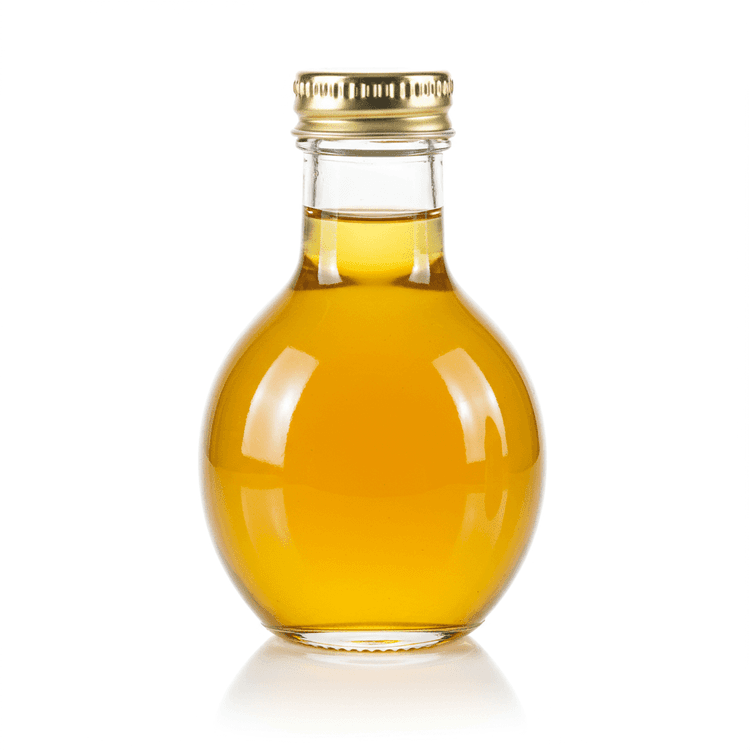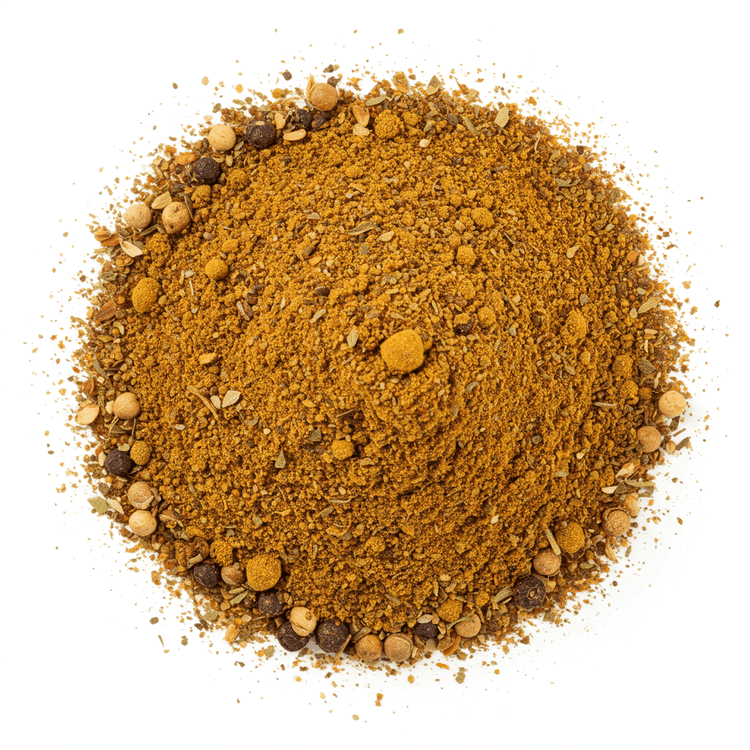
Spice
A spice is a dried seed, fruit, root, bark, or other plant substance primarily used for flavoring, coloring, or preserving food. Spices offer a wide range of flavors, from warm and sweet to pungent and spicy, and they can be used in both sweet and savory dishes. They greatly enhance the aroma, taste, and visual appeal of meals. The texture of spices can vary widely, from fine powders to coarse granules and whole pieces. Common spices include cinnamon, cloves, cumin, turmeric, and ginger. They are used extensively in cuisines worldwide and often hold cultural and medicinal significance.
Common Uses
- Used to add depth and complexity to savory dishes: Spices like cumin, coriander, and chili powder are essential in creating flavorful curries, stews, and sauces by adding a savory and aromatic foundation.
- Employed to enhance the sweetness and warmth of desserts: Spices such as cinnamon, nutmeg, and cloves are commonly added to baked goods, pies, and custards to provide a comforting warmth and aromatic sweetness.
- Used in marinades and rubs to tenderize and flavor meats: Spices like paprika, garlic powder, and onion powder are mixed with other ingredients to create flavorful marinades and rubs that penetrate and enhance the taste of meats and vegetables during cooking.
- Incorporated into beverages for warmth and flavor: Spices like ginger, cardamom, and star anise can be infused into teas, coffees, and alcoholic beverages to impart unique flavor profiles and aromatic qualities.
- Used to preserve food: Spices like salt, cloves and cinnamon have antimicrobial and antioxidant properties that help to slow down spoilage and extend the shelf life of certain foods.
- Used to add visual appeal: spices like paprika, turmeric, saffron are used to add a vibrant color to dishes.
Health Benefits
- May possess anti-inflammatory properties, supporting overall wellness.
- Can be a source of antioxidants, helping combat free radicals in the body.
- Some spices may aid in digestion and gut health.
- Certain spices may help manage blood sugar levels.
- May contribute to heart health through various mechanisms.
Substitutes
Chefadora AI is here.
Experience smarter, stress-free cooking.
Storage Tips
Proper storage is crucial for maintaining the potency and flavor of spices. Keep spices in airtight containers away from direct sunlight, heat, and moisture. A cool, dark pantry is ideal. Ground spices generally last for about 1-2 years, while whole spices can last for up to 3-4 years. Check for aroma; if it's weak, it's time to replace them.
Marnirni-apinthi Building, Lot Fourteen,
North Terrace, Adelaide, South Australia, 5000
Australia



